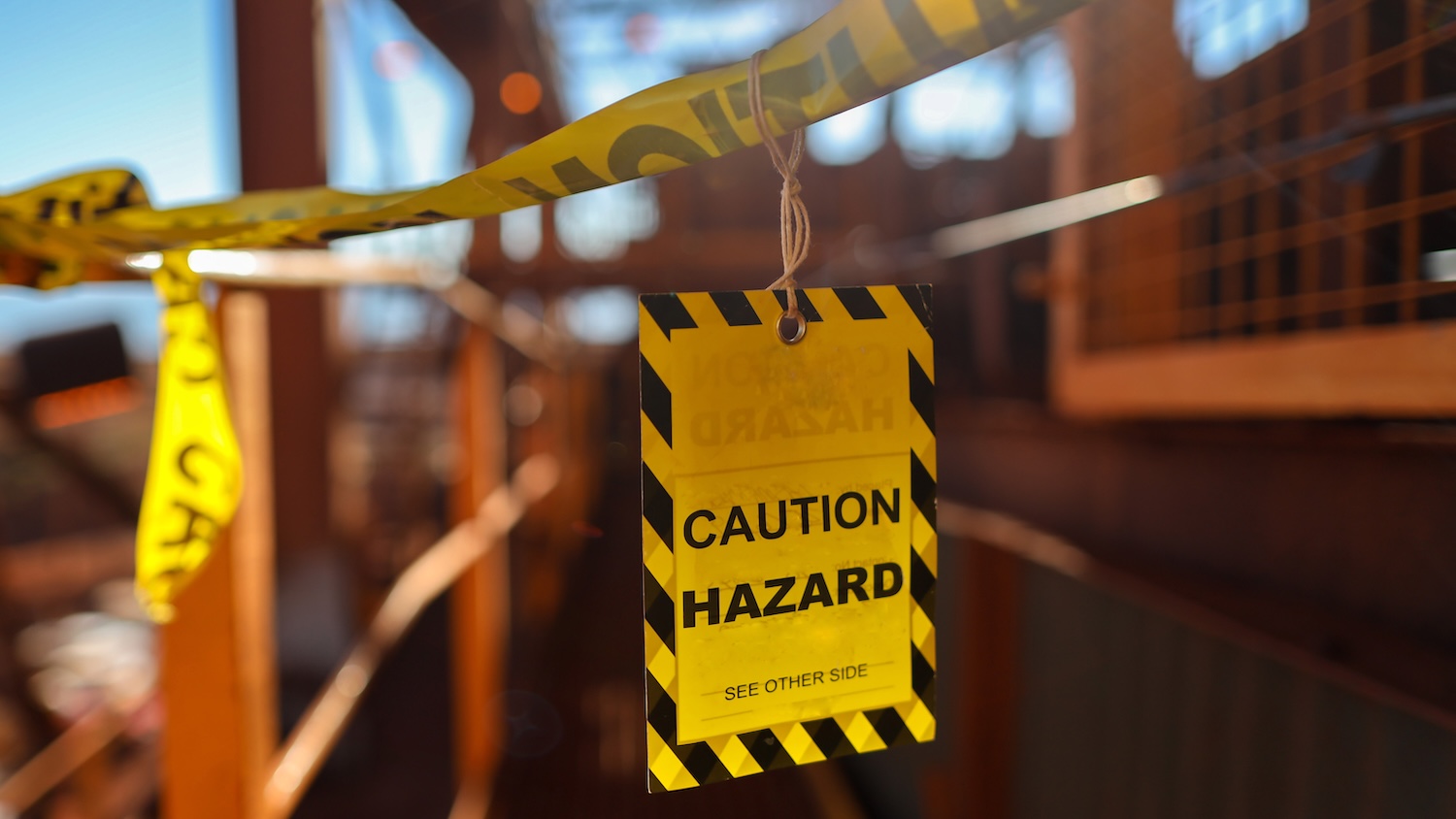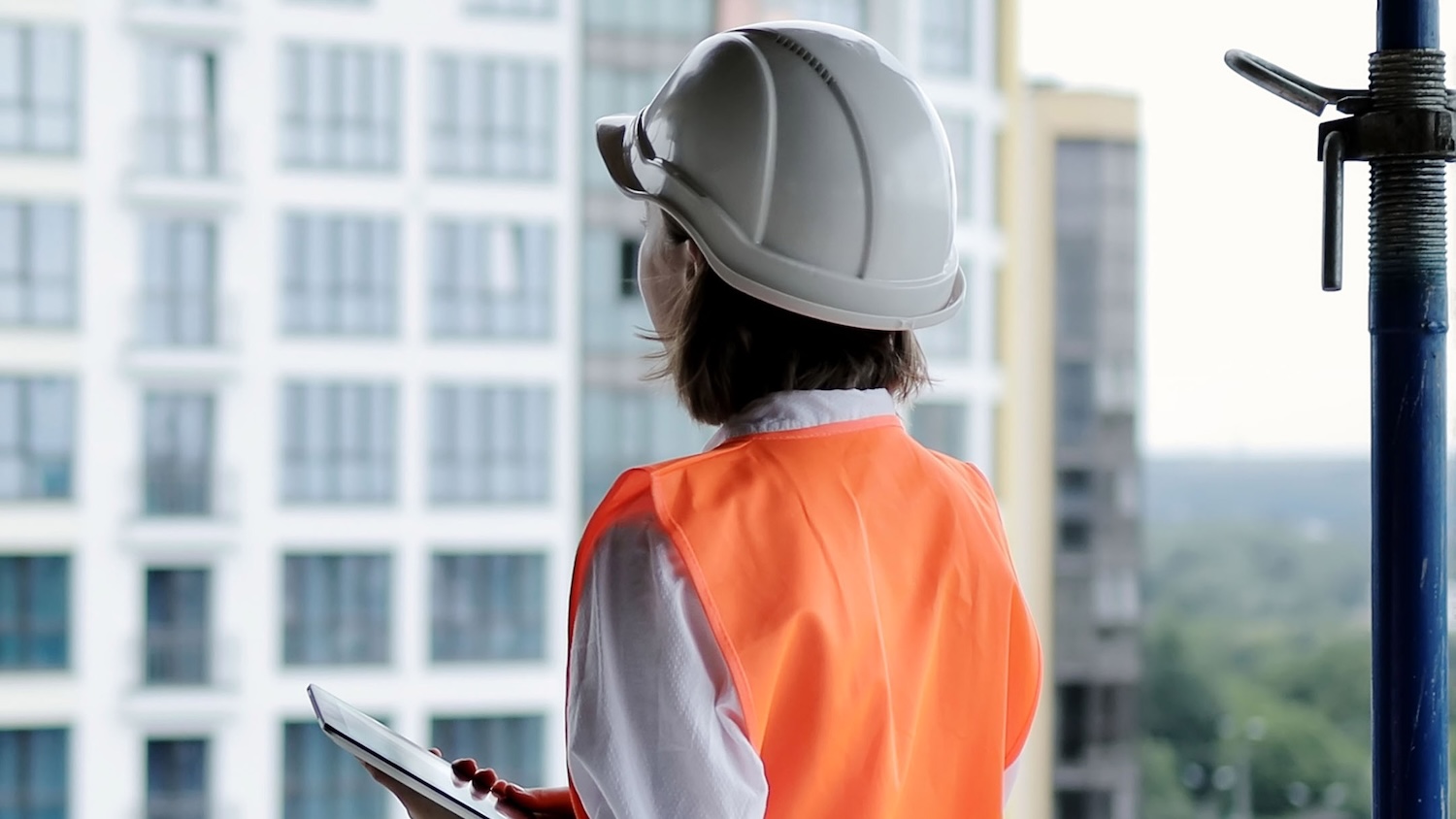
How to create a mental health support system
Could 2024 be the time for a fresh approach to mental health and wellbeing in construction?
As senior leadership teams throughout the built environment start to work on their 2024 plans, now is a great time to assess and improve strategies for promoting wellness at work.
Right now, men within the sector are 3.5 times more likely to die by suicide than the male national average (male national average is 75%, according to the ONS, 2023).
Statistically, the construction industry experiences two suicides per day across the UK – making it clear that something urgently needs to be done to prioritise mental health in the workplace.
Why are construction workers so stressed?
Worryingly, 91% of construction workers have reported feeling overwhelmed, and 26% of construction workers have had suicidal thoughts.
Of course, not all of these feelings are solely a result of work-based pressures. The factors that have an impact on how we think, feel and behave are individual, but there are some common factors that could lead to a deterioration in our mental health.
At any moment, someone could be struggling with:
- Relationship breakdowns
- Bereavement
- Financial worries
- Physical health problems
- Accommodation and housing issues
- Alcohol and substance misuse
But could working on a building site compound these issues? Perhaps.
After all, the construction industry has its own challenges that may exacerbate some of the issues that we face in day-to-day life, including:
- Working long, often unsociable hours
- Working away from home, which could impact family relationships
- Physically demanding work in tricky weather conditions
- Financial or job insecurity
- A workplace culture focusing on ‘banter’, which may be great for building camaraderie but can also create a barrier to being vulnerable
Now that we know what the issue is and potentially why the issue has emerged, it’s time to think about how we can tackle the epidemic of poor mental health.
Tackle the common sources of workplace stress
In life, we all have innate emotional and psychological needs which, if not met, can start to cause anxiety, depression and addiction issues.
Our basic needs (which are outlined within the Human Givens Institute’s Emotional Needs Audit) encompass both our professional and personal lives.
They include feeling safe, being listened to, feeling valued and being in control, sensing that we are good at something and part of a community and, most importantly, feeling that our lives have meaning and purpose.
Creating environments that enable people to meet their basic needs ultimately creates a mentally healthy workplace, with reduced levels of stress.
In a workplace setting, construction firms should check that they are addressing the most common causes of stress by regularly using the HSE’s stress risk assessment tool.
This highlights the six key areas of work-related stress: demands, control, relationships, support, communication and work roles.
Construction firms should check that they are addressing the most common causes of stress by regularly using the HSE’s stress risk assessment tool. This highlights the six key areas of work-related stress: demands, control, relationships, support, communication and work roles
Teaching people how to spot signs of stress
It’s also vital that line managers know how to spot the physical signs of distress and are aware of how to start a helpful conversation with someone in need.
Stress manifests itself in several physical ways, from headaches and colds to insomnia or changing eating habits.
The key for employers is to look at an employee’s health holistically – are they behaving differently than usual? Is that person struggling to join in with banter or declining to get involved in social events?
Difficult conversations should be approached carefully. An employee may be reluctant to admit if they are struggling, especially if they are talking to a senior leader.
They may be concerned any sign of weakness could impact their job prospects, or how people treat them.
Similarly, most people will feel vulnerable to disclose their issues the first time you ask. Therefore, it’s essential to ask someone more than once if they are OK instead of taking their answers at face value.
Creating a suicide prevention and postvention plan
The statistics clearly demonstrate that construction companies must include suicide prevention and postvention strategies in their mental health plans.
Along with finding clear ways to prevent suicides from happening, it’s also essential to think about how to help colleagues and co-workers who may be affected by someone’s death.
This could include signposting to further help and support (such as Samaritans or CALM) or investing in employee health insurance so that employees can gain swift access to virtual GPs or counselling services.
Regularly highlight signposting routes
Employers should ensure there are clear signs that point people in the direction of more help and support.
That support could be about pinpointing access to national charities, or it could be about raising awareness of local initiatives and community groups that are there to help or just offer a non-judgemental listening ear.
Your internal comms strategy should also remind employees where they can access additional health and support.
Talking positively about mental health during team meetings and regular check-ins with employees can also drive systemic change.
Now is the time for employers to look at their workplace wellbeing strategies with a critical eye.
Are they really changing the culture of the workplace and creating an environment where people can get their needs met?
I truly believe that when a plant is struggling to grow, you don’t blame the plant, you change the environment to help it thrive. And people are no different.
Anita Malster is founder of Blossom Mental Health Training.
Mental health support and advice for CIOB members, past members and related family is available through CIOB Assist. CIOB, in partnership with Anxiety UK, also provides wellbeing support.
For additional support or advice, contact the Samaritans by calling 116 123. You can also access support via the Lighthouse Construction Industry Charity by calling the support line on 0345 605 1956 or texting HARDHAT to 85258.






